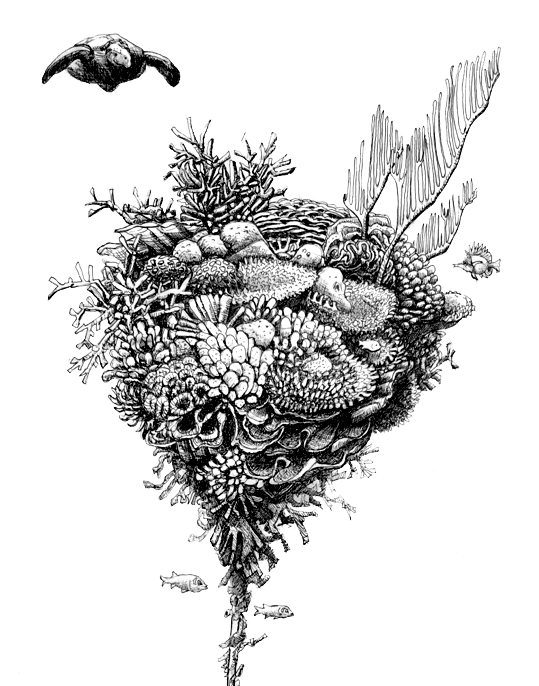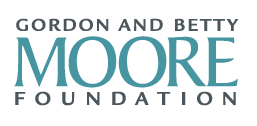

Floating coral reefs, called Coral Reef Arks, have now been deployed on Caribbean reefs for more than two years. Researchers from all over the world have worked diligently to collect data on the Arks as they become colonized by life and evolve into miniature reef mesocosms. This massive dataset - which integrates -omics, viral & microbial ecology, abiotic factors, coral & fish population dynamics, and advanced imaging techniques - is currently being analyzed, and may hold the answer to the famous question on everyone's minds: "how to build a coral reef?"
This year's edition of the Coral Arks conference will be held in the high desert of Tucson, AZ. Data from the past two years will be presented and discussed to develop new insights into what we have learned from the first two years of Coral Arks, and how they should be used in the next round of experiments. Along the way, we will explore the Biosphere 2, Saguaro National park, and the world's largest Fossil and Gem show to keep creative juices flowing.
We invite you to explore the content on this website to see the fantastic progress the Coral Arks projects have made in the past two years, and to have your imagination sparked with new ideas for using Arks to solve problems facing coral reefs.
Dr. Rohwer is a Professor of Biology at San Diego State University. His pioneering research in phage diversity was fueled by his development of cutting-edge metagenomic tools, now widely adopted by other labs around the globe. When not in the company of his phage friends, he charms corals and humans.
Dr Ty Roach is an Adjunct Professor at San Diego State University. His research focuses on merging concepts from physics, biochemistry, and microbiology to gain a more holistic understanding of coral reef ecology. When not sciencing, Ty spends his time surfing, rapping, or doing some sort of martial arts.
Jason Baer is a PhD candidate at SDSU who has worked on the Coral Arks project since its inception. He is an avid diver and when not collecting data on the Arks, he likes to harass fish and turn them into ceviche.
Please contact Jason Baer (904-528-8874; jbaer@sdsu.edu). Jason is supposed to be writing his dissertation, so he is looking for absolutely any excuse to not be sitting in front of a computer.
Forest Rohwer (619-857-1336; frohwer@gmail.com)
The easiest way to answer questions about the organization of the meeting, topics that we will discuss, and logistics is via Zoom. Everyone is encouraged to join at least one of these sessions:
For all of these meetings, please use this Zoom link.

